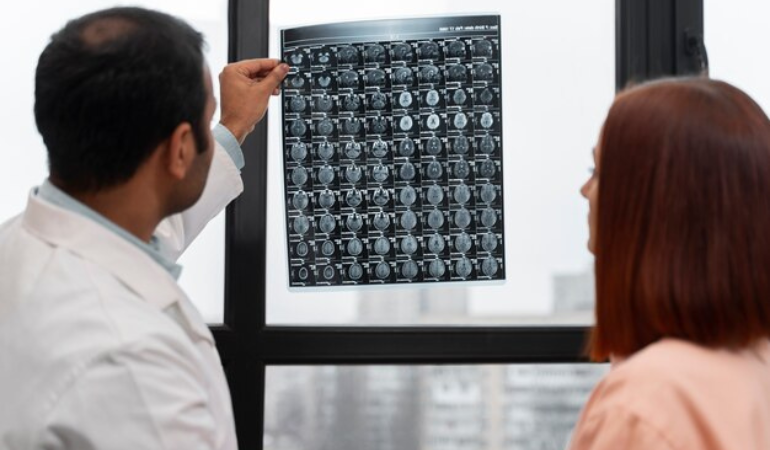Multidisciplinary Tumor Board

A Multidisciplinary Tumor Board (MTB) is a collaborative and specialized approach to cancer care that involves a team of healthcare professionals from various disciplines coming together to review and discuss the diagnosis, treatment options, and management strategies for cancer patients. The primary goal of the Multidisciplinary Tumor Board is to provide comprehensive and well-informed recommendations to ensure the best possible care for individuals facing cancer. Here are key aspects of a Multidisciplinary Tumor Board:
-
Composition of the Team:
- Oncologists: Medical professionals specializing in cancer treatment, including medical oncologists, radiation oncologists, and surgical oncologists.
- Pathologists: Experts who analyze tissue samples to provide insights into the nature and characteristics of the cancer.
- Radiologists: Specialists in medical imaging who interpret results from various diagnostic tests, such as CT scans, MRIs, and PET scans.
- Nurses: Oncology nurses contribute their expertise in patient care and treatment management.
- Genetic Counselors: Professionals who assess and interpret genetic information related to cancer risk.
- Other Specialists: Depending on the specific case, additional specialists such as nutritionists, social workers, and palliative care specialists may also be part of the team.
-
Meetings and Collaboration:
- The Multidisciplinary Tumor Board typically holds regular meetings where members discuss individual cases. These meetings foster collaboration and the sharing of diverse perspectives to develop a comprehensive understanding of each patient's situation.
-
Case Presentation:
- A specific patient's case is presented in detail during the meeting. This includes the patient's medical history, diagnostic test results, pathology reports, and other relevant information.
-
Discussion and Decision-Making:
- Team members engage in discussions about the optimal treatment options based on the patient's diagnosis, staging, and individual circumstances.
- Treatment recommendations may include surgery, chemotherapy, radiation therapy, immunotherapy, targeted therapy, or a combination of these modalities.
-
Personalized Treatment Plans:
- The collaborative nature of the Multidisciplinary Tumor Board allows for the development of personalized and evidence-based treatment plans tailored to each patient's unique situation.
-
Follow-Up and Continuity of Care:
- The Multidisciplinary Tumor Board may continue to monitor and reassess the patient's progress throughout the course of treatment, ensuring adjustments are made as needed.
-
Benefits:
- Enhances the quality of care by leveraging the expertise of multiple specialists.
- Reduces the risk of overlooking important aspects of the patient's condition.
- Facilitates communication and coordination among healthcare professionals.
The Multidisciplinary Tumor Board is an integral part of the modern approach to cancer care, promoting a patient-centered, collaborative, and multidimensional strategy that considers not only the medical aspects of treatment but also the holistic well-being of the individual facing cancer.
